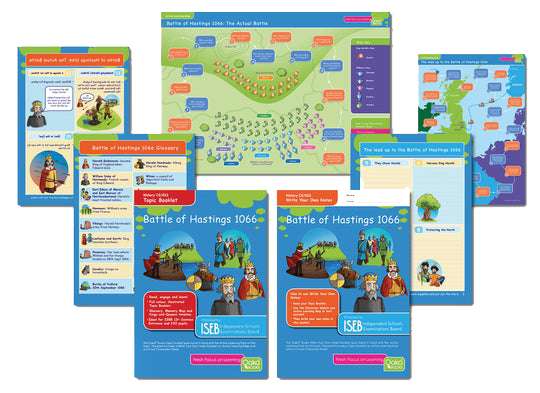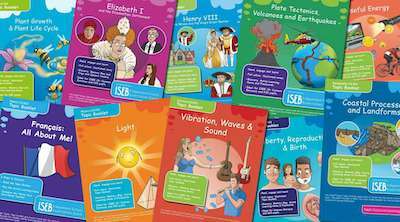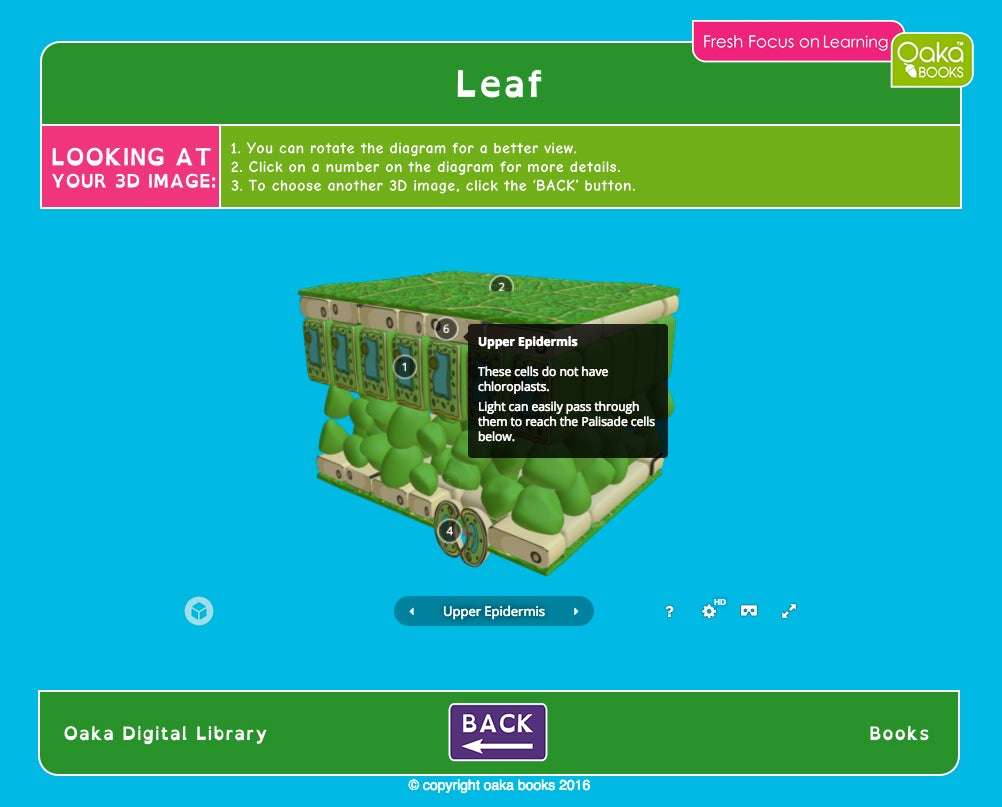Before lessons commence, it’s vital to set the stage for effective learning.
A pre-class routine not only elevates your understanding of the upcoming lesson but also empowers you with the tools needed to excel in exams.
Firstly, make time to read every day. Daily reading doesn’t just prepare you for the next class; it broadens your cognitive horizons. If you find textbook language daunting, opt for a book with simpler language or keep a dictionary handy. Alternatively, find an accessible format that suits you, be it an audiobook, e-book or video.
When reading, use a ruler to guide your eye. It helps you focus and minimises distractions. Instead of attempting to digest large chunks of text in one go, read in short sections. As you go along, write down keywords that encapsulate the main ideas.
These will serve as quick reference points for revision. Make sure these keywords are highlighted in your notes, making them easy to spot later.
Also, let’s talk about command verbs, the examiners’ “tools” – verbs like ‘describe,’ ‘analyse,’ or ‘justify,’ are used by all exam boards to frame their questions.
Become a grade riser by understanding and decoding these command verbs. Your ability to answer questions in the correct style, depth, and understanding will be heightened if you practise using these verbs appropriately.
In essence, the time before your lessons is not just a countdown to class; it’s a focused preparation period that can make a significant impact on your academic performance
Re-Cap
Before stepping into your classroom, having a solid pre-lesson routine can transform your academic experience. Here’s how to make the most of your time:
- Daily Reading: Make it a habit to read every day. Consistency is key to retention and comprehension.
- Resource Selection: If academic jargon baffles you, opt for a simpler book or keep a dictionary at hand. Don’t shy away from alternative formats like audiobooks or e-books.
- Focused Reading: Use a ruler to guide your eyes and read in short, manageable sections. Jot down keywords as you go, making sure to highlight them in your notes.
- Command Verbs: These are your lifelines for exams – verbs like ‘describe’ or ‘analyse’ are universal across exam boards. Become proficient in decoding them. Your goal should be to understand not just their literal meaning but also the depth of answer they require.
- Practice, Practice, Practice: The more you practise using these command verbs in your answers, the more adept you’ll become at responding in the correct style and depth.
- Guidebook Consultation: Many booklets or study guides provide a list of these command verbs along with their definitions. Make sure to consult these resources.





